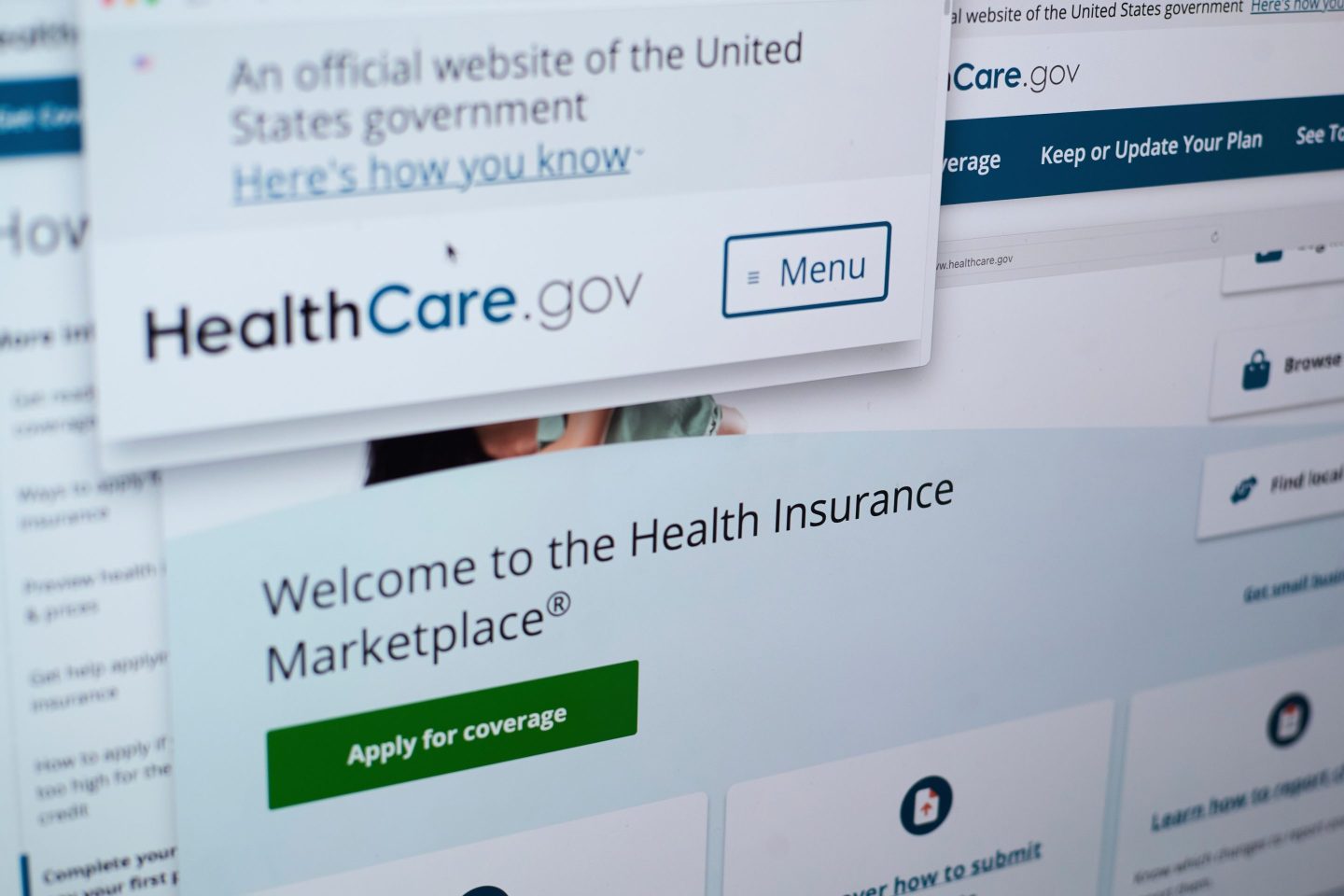Good afternoon, readers.
Workplace wellness programs are among the hottest perks employers offer their workers these days. They were incentivized by the Affordable Care Act, promoted by the who’s who of wellness gurus, and conventionally seen as one of the, “Uh, duh” provisions of health benefits.
But are they actually effective?
That’s the question at the center of a wide-ranging new study published in JAMA. And, well, the results are pretty mixed.
From the horse’s mouth: “This randomized clinical trial of a multiyear, multicomponent workplace wellness program implemented in a middle- and lower-income population found that individuals in workplaces where the program was offered reported better health behaviors, including regular exercise and active weight management, but the program did not generate differences in clinical measures of health, health care spending or utilization, or employment outcomes after 18 months.”
There are important caveats here. The study found a lack of ROI in the short term—what happens over a greater period is an open question. And the increase in health mindfulness certainly isn’t bad. The question is, at which point does it become cost-effective (and, better yet, cost-reducing?).
Read on for the day’s news.
| Sy Mukherjee | |
| @the_sy_guy | |
| sayak.mukherjee@fortune.com |
DIGITAL HEALTH
FDA clears new weight loss device (and it's a big deal). The Food and Drug Administration (FDA) has approved a wide-ranging new treatment called Plenity to treat obesity, according to manufacturer Gelesis. What makes the therapy unique is its action mechanism (and the fact that it can be used by, well, pretty much anyone). Plenity essentially simulates the process of eating food (rather than tricking the brain into thinking that the stomach is full) before it's then passed by the, err, conventional means. (TIME)
INDICATIONS
Amgen prices bone-building drug at $21,900 per year. Biotech giant Amgen is pursuing an aggressive pricing strategy for its recently-approved osteoporosis treatment Evenity, a bone-building drug meant for post-menopausal women. Given the FDA's requirement that the drug carry a black box warning, Amgen is likely attempting to undercut its competitors in the market (the company has said the therapy presents a significant added value over what's already out there). (Reuters)
THE BIG PICTURE
UnitedHealth goes to war with Medicare for All. Health insurer UnitedHealth is almost as big as Medicare itself. Unsurprisingly, it wants to stay that way. The company has launched a sharp critique of "Medicare for All" proposals that many prominent Democratic presidential contenders have embraced (you can read my recent story on that very issue here). This is guaranteed to be a political litmus test among presidential hopefuls—and the industry knows the knives are out and preparing accordingly. (Bloomberg)
REQUIRED READING
A.I. Bias Isn't the Problem. Our Society Is, by Alex Salkever & Vivek Wadhwa
How Disparities in Benefits Contribute to the Racial Wealth Gap, by Ellen McGirt
Why Startups Marketing Prescription Drugs Need to Tread Carefully, by Polina Marinova
Anyone Can Run for President—Literally, Anyone, by Natasha Bach
| Produced by Sy Mukherjee | |
| @the_sy_guy | |
| sayak.mukherjee@fortune.com |











